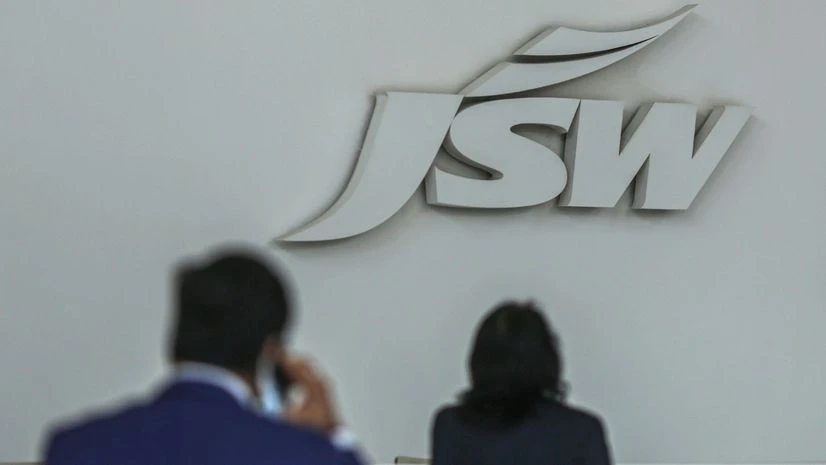JSW Infrastructure’s initial public offering (IPO) opened on Monday, with several domestic brokerage firms recommending subscription to the issue. Investors should watch out for the company’s dependence on captive business and government licences and agreements, said analysts.
The Sajjan Jindal company is the third listing by the JSW Group and it comes after a gap of 13 years. Analysts said JSW Infrastructure’s strong parentage is a positive as they flagged its dependence on group businesses.
Nirmal Bang, a stock broking firm, said a key concern about the company is related party transactions with JSW Group entities. The related party transactions “includes the land parcels owned by them and leased to the company for its ports and terminals,” said Nirmal Bang analysts in a note.
Arun Maheshwari, joint managing director and chief executive officer of JSW Infrastructure, told Business Standard last week: “I would assert that having captive cargo is one of our strengths. Any port requires a solid anchor customer, and having one within our group, particularly with JSW Steel’s proven growth record, is advantageous.”
Nirmal Bang’s note said: “The IPO is being offered at reasonable valuations at 17.2x FY23 EBITDA (earnings before interest, taxes, depreciation, and amortisation) and thus we recommend subscribing to the issue.”
Also Read
Analysts at Anand Rathi, Stoxbox and Motilal Oswal too recommended subscribing to JSW Infrastructure’s IPO, saying the valuation was reasonable.
“We believe that valuations of the company are fairly priced and recommend a “Subscribe-Long Term” rating to the IPO,” said analysts with Anand Rathi in a note. As risks, they cited “a substantial portion of the volume of cargo handled by them is dependent on a few types of cargo and a significant reduction in, or the elimination of such cargo could adversely affect their profitability.”
"Concentration of cargo, particularly coal and iron ore, is a common concern raised. The company is therefore susceptible to a significant downturn in the trade or transportation of coking coal, iron ore and thermal coal,” said Nirmal Bang.
JSW Infrastructure is the second largest commercial port operator in India. As on June 30, 2023, the company's installed cargo handling capacity was 158.43 million tonnes per annum, which compares to roughly a quarter of Adani Ports and SEZ's capacity of 602 MT, its only listed, comparable peer and the larget commerical port operator.
JSW Infrastructure is the second largest commercial port operator in India. As on June 30, 2023, the company's installed cargo handling capacity was 158.43 million tonnes per annum, which compares to roughly a quarter of Adani Ports and SEZ's capacity of 602 MT, its only listed, comparable peer and the larget commerical port operator.
JSW Infrastructure is the second largest commercial port operator in India. Adani Ports and SEZ is its only listed, comparable peer. “We believe JSW Infra could benefit from the government focus on port development, limited competition and strong parentage. Hence we recommend subscribe,” said analysts with Motilal Oswal in a note.
Motilal Oswal said the company’s reliance on concession and licence agreements by government and quasi-governmental organisations could lead to termination and affect its operations.
Analysts with Stoxbox said: “The O&M (operation and maintenance) agreements are granted for limited periods of up to five years and may not be renewed on equally favourable terms or at all. The inability to renew these arrangements could adversely affect the business, results of operations, financial condition, and cash flows of the company.”
In FY23, according to the company's annual report, profit after tax was at Rs 750 crore, and total income was at Rs 3,373 crore.
The IPO is a fresh issue of equity shares worth Rs 2,800 crore at a price band at Rs 113 to Rs 119 per Equity Share and closes on Wednesday. Last week, the company had allotted shares worth Rs 1,260 crore to anchor investors.

)
